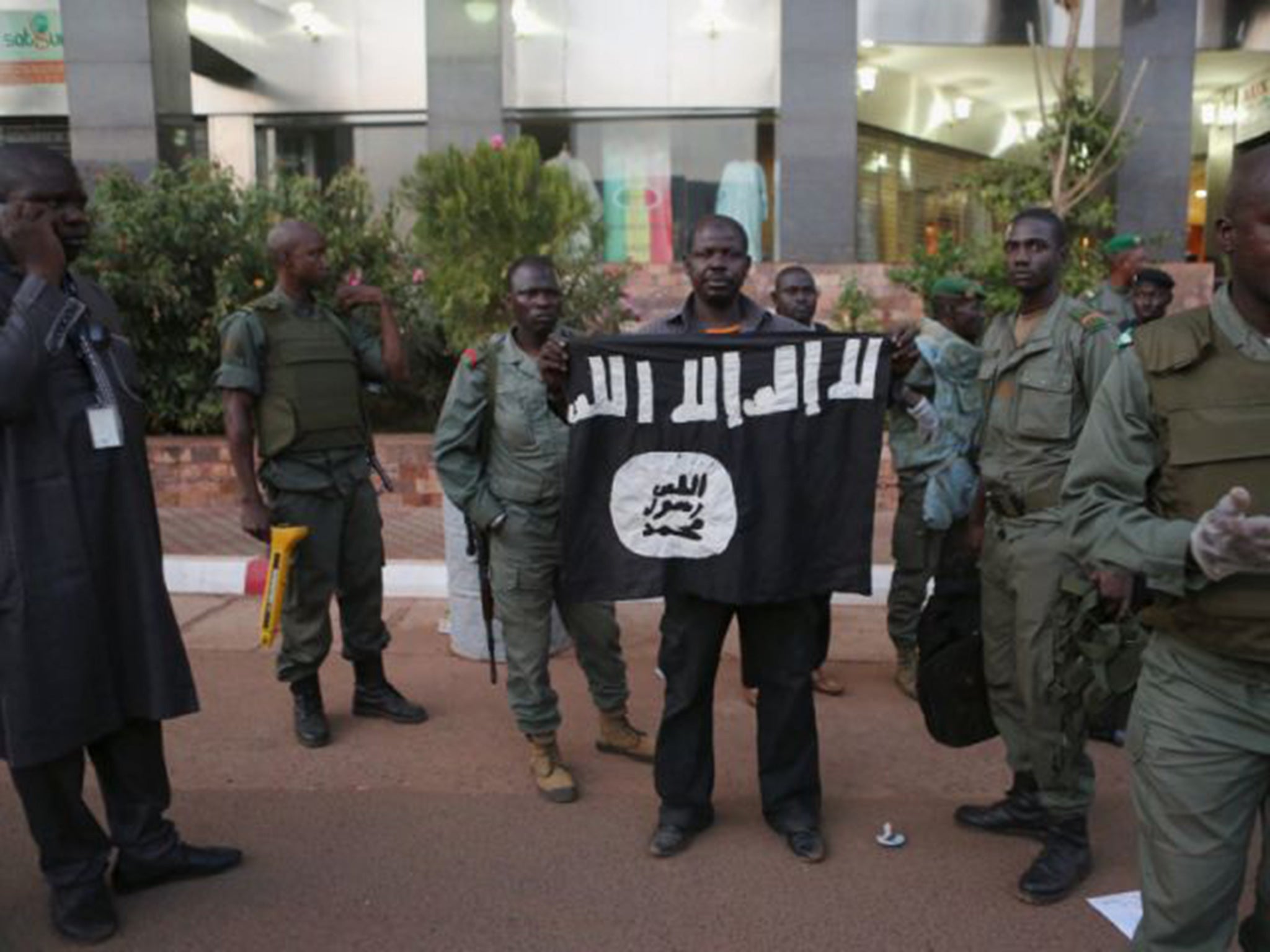Isis is thriving because of the military and moral exhaustion of the West
Letter from the editor: Events in Mali have showed that Islamist terror is spreading its tentacles far and wide

You could call it the curse of the Editor – except I certainly wasn’t the only one caught out. Last week this column opened with the ludicrous words “Not a great week for Isis, then”. Which was rather, erm, overtaken by events when it turned out that Isis was responsible for one of the worst terror attacks in modern European history.
I was referring to the retaking of Sinjar by Kurdish Peshmerga forces, and the death by air strike of Mohammed Emwazi, also known as Jihadi John. Setbacks they might have been; but the horror in Paris rendered my judgement out of date.
It will strike some readers as crude to turn such events into a journalistic competition, but I have been exceptionally proud of our coverage on the ground in France and Belgium. When such huge news events break, the instinct of every reporter is to get to the scene as quickly as possible, establish the facts, and speak to those involved or nearby. Of course, you need the deeper analysis of intelligence and security failures, and wider geopolitics; but nothing beats being at the scene. For their bravery and nous, Leo Cendrowicz, Alistair Dawber, Chris Green, Adam Lusher, Kim Sengupta, Cahal Milmo and, of course, our man in Paris, John Lichfield, deserve thanks and credit.
Events in Mali showed that Islamist terror is spreading its tentacles far and wide. For the past few centuries, wars have been fought mostly between states, or empires, or ideological blocs (as in the Cold War). This is a fight between civilisation and terror – making the enemy harder to identify, and victory both harder to achieve and define. That doesn’t mean, however, that we can or should choose not to fight. That was the gist of our editorial following the massacre in Paris (“It’s war… but not as we know it”).
To say we helped to create Isis is not to rationalise its savagery, or to indulge in the self-loathing that has crippled Western self-confidence since 9/11. It’s just a matter of fact. The top command of Isis is dominated by former officers from Saddam Hussein’s military and intelligence agencies. And one reason the group has flourished, aside from persecution by Bashar al-Assad, is because of the moral and military exhaustion of the West, brought on by the counter-productive, murderous invasion of Iraq. I’m proud that this newspaper led the opposition to that war, with arguments that get righter by the day.
On Thursday, Andrew Neil explained why we will win this war – because our values are superior – in a diatribe that went viral. It was an optimistic message at a grim time. I hope you Saturday’s edition.
Twitter: @amolrajan


Join our commenting forum
Join thought-provoking conversations, follow other Independent readers and see their replies